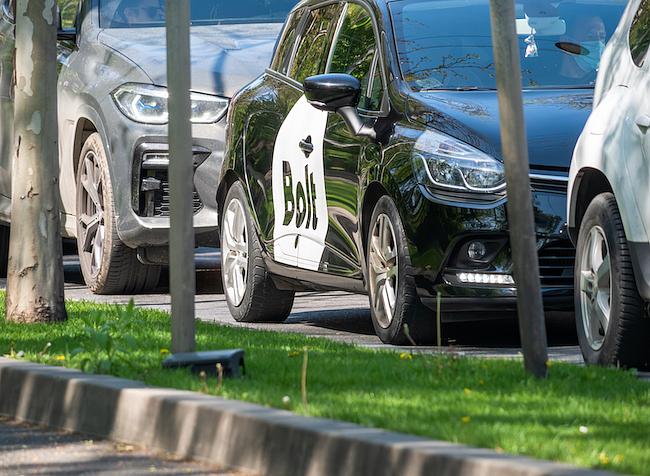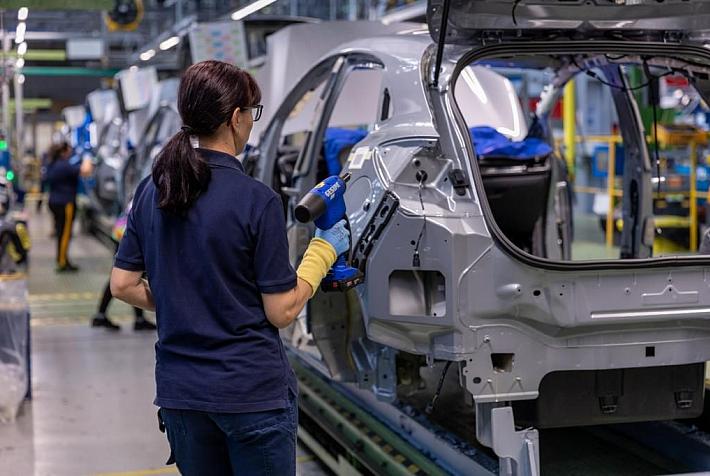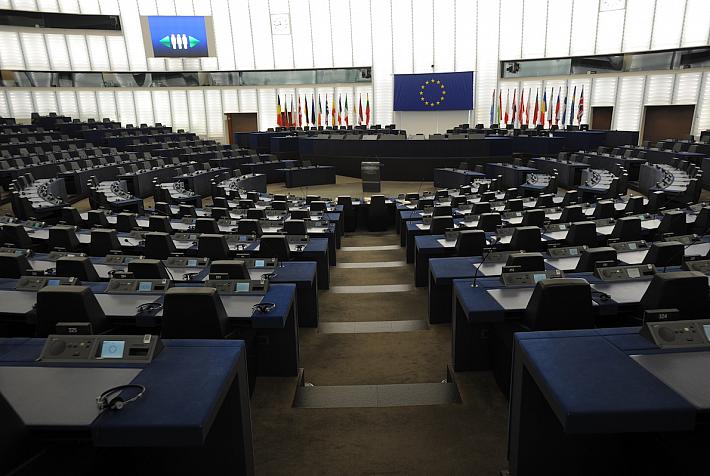Survey reveals vast majority of Bucharest residents believe ride-sharing apps are beneficial

A majority of Bucharest residents, 87%, believe that alternative transportation options such as ride-sharing apps allow them to travel in the city efficiently. They also think that the apps led to an improved quality of service for all personal transport service providers, including taxi companies.
Approximately two-thirds (63%) of Bucharest residents believe that the taxi companies’ protests against ride-sharing apps are unfounded, according to a survey by Mercury Research, conducted between March 19-20 and commissioned by the Coalition for the Digital Economy. The Coalition brings together ride-sharing apps Bolt and Uber, but also food and goods delivery platforms Bringo, Glovo, and Tazz, and the scooter rental operator Lime.
Roughly 60% of the capital's residents believe that were the ride-sharing apps to disappear, it would have very negative or quite negative effects on them personally. Half of the respondents in the survey say they consider the government (45%), almost to the same extent as taxi companies (48%), responsible for the potential disappearance of alternative transport services.
"The taxi industry is forcing legislative changes that would take Romania's passenger transport back to the 2000 level. The figures from this opinion poll demonstrate that users want modern, easily accessible, transparent services with a high degree of safety," said Cătălin Codreanu, president of the Coalition for the Digital Economy, cited by G4Media.
The study analyzed six attributes of personal transport services (taxi, public transport, and alternative transport), and the general conclusion is that taxis are perceived as inferior to alternative transport on all evaluated attributes. The clarity of the route to be taken, the speed of response to orders, and the quality of service are all rated at 8.1 out of 10, while taxi services score an average of 5.7 on these three attributes. At the same time, the price-quality ratio for alternative transport is rated at 7.6 (on a scale from 1 to 10), while taxis score 5.1.
Earlier this month, the Romanian government announced that it is considering an emergency ordinance banning dynamic pricing, which is used by ridesharing apps and allows prices for a ride to change depending on demand. This came after extensive protests organized by taxi drivers.
Further legislative changes would make it so ride-sharing apps will be authorized similarly to taxi services, and Uber and Bolt drivers will no longer be able to use third parties’ cars, such as rented or leased cars. The cars must also not be older than 10 years. The project also stipulates the introduction of the same type of metering equipment as in taxis.
"Taxi services have fallen far behind the times. Through protests and public pressure on the Government, the taxi industry wants to impose on alternative transport outdated legislative principles and mechanisms which, as the figures show, have their limits in the face of modern technologies. Essentially, by demanding these things, the taxi industry wants to bring a service valued by users to the brink of collapse," concluded Codreanu.
Over 150,000 rides are demanded on an average Monday in Bucharest through ride-sharing apps.
(Photo source: Cristi Croitoru | Dreamstime.com)













